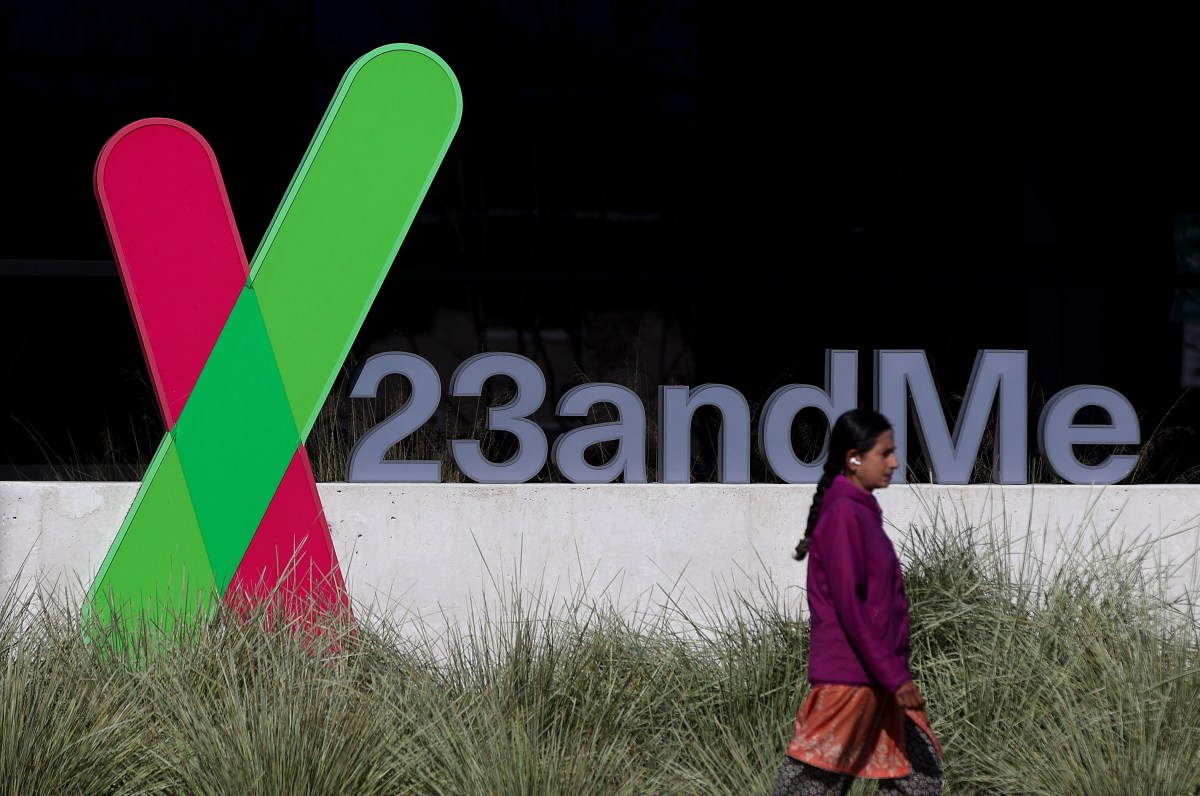
In a significant breach of digital security, genetic testing company 23andMe disclosed that millions of its users’ personal and genetic data have been compromised. The incident has re-ignited widespread concerns about the privacy and security of health and genetic information stored by consumer DNA testing firms.
23andMe, one of the largest personal genomics and biotechnology companies, provides customers with DNA analysis for ancestry, health traits, and genealogical information. The company revealed that during the breach, which took place over several months, unauthorized individuals were able to access user accounts and extract sensitive data, including ancestry details and genetic markers.
The breach reportedly affected not just the exposed individuals but also potentially their relatives, due to the interlinked nature of the genetic databases. The attackers allegedly used login credentials obtained through other breaches (a method known as credential stuffing) to access 23andMe accounts.
In a statement, 23andMe stated that the company’s core databases were not directly hacked. Rather, the attack relied on reused or weak passwords, which allowed access to user profiles. Nonetheless, the amount and sensitivity of the data accessed have led to scrutiny from regulatory bodies, lawmakers, and cybersecurity experts.
Data protection advocates and experts have long warned of the risks posed by commodifying genetic data. Unlike a credit card or driver’s license, a person’s genome is immutable; once compromised, it cannot be changed. This makes genetic data particularly valuable to malicious actors.
In response to the breach, 23andMe has encouraged all users to update their passwords and activate two-factor authentication. The company is also undertaking a comprehensive security review and has pledged to enhance its cybersecurity protocols.
Experts recommend that users concerned about their privacy take several steps:
1. Change passwords on DNA test sites and avoid reusing credentials across different platforms.
2. Enable two-factor authentication where available.
3. Limit the sharing of sensitive information, even on platforms presented as secure.
4. Stay informed about how companies store and use genetic data.
The fallout from the breach could have long-standing implications not only for 23andMe, but for the broader industry that trades in sensitive biological information. As investigations continue, consumers and regulators alike are calling for stricter governance regarding how companies manage, secure, and share genetic data.
Source: https:// – Courtesy of the original publisher.








